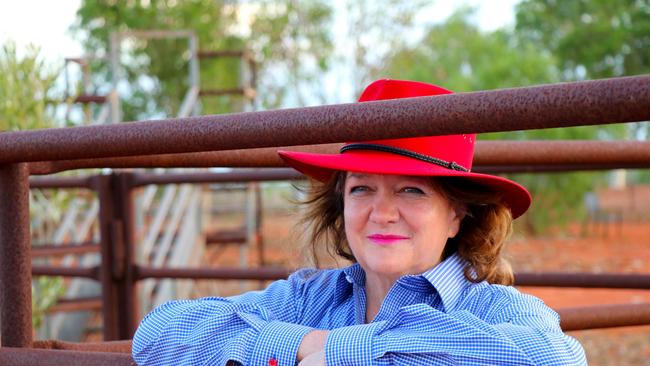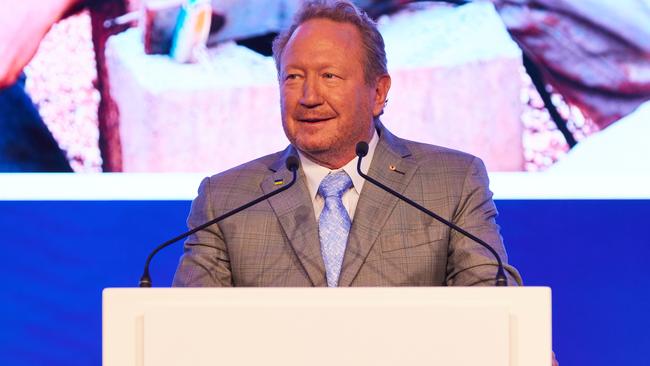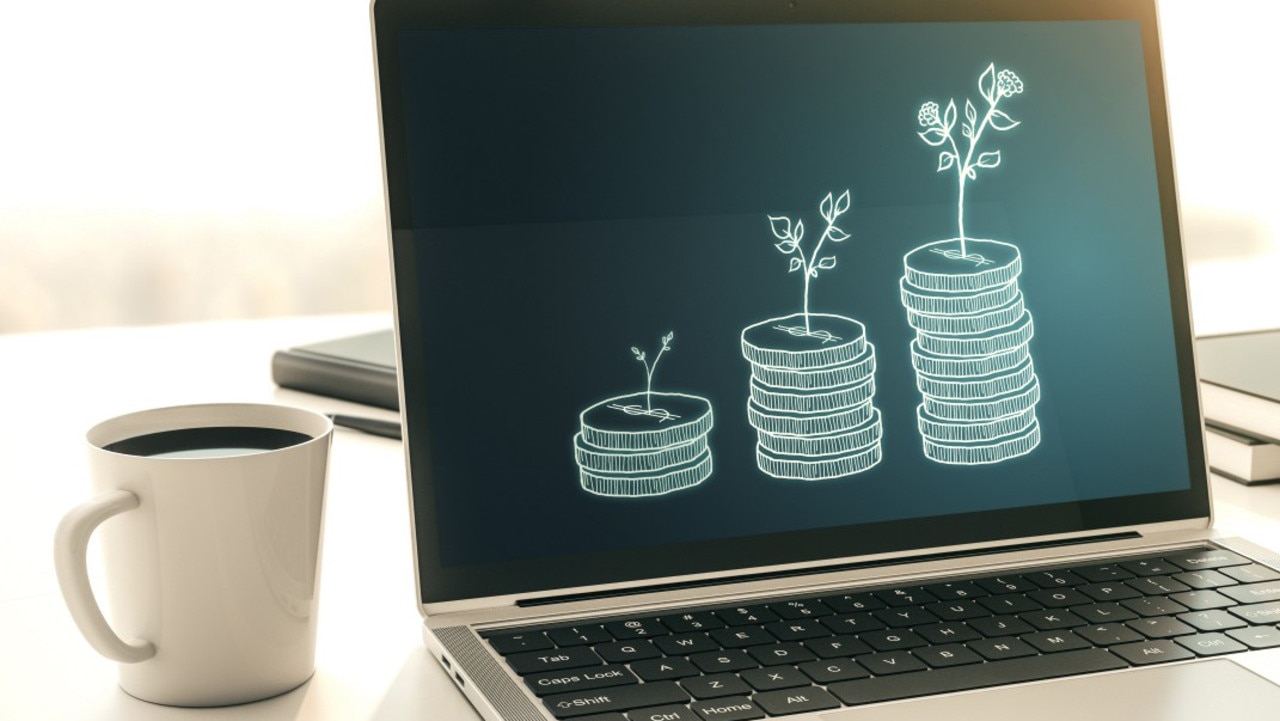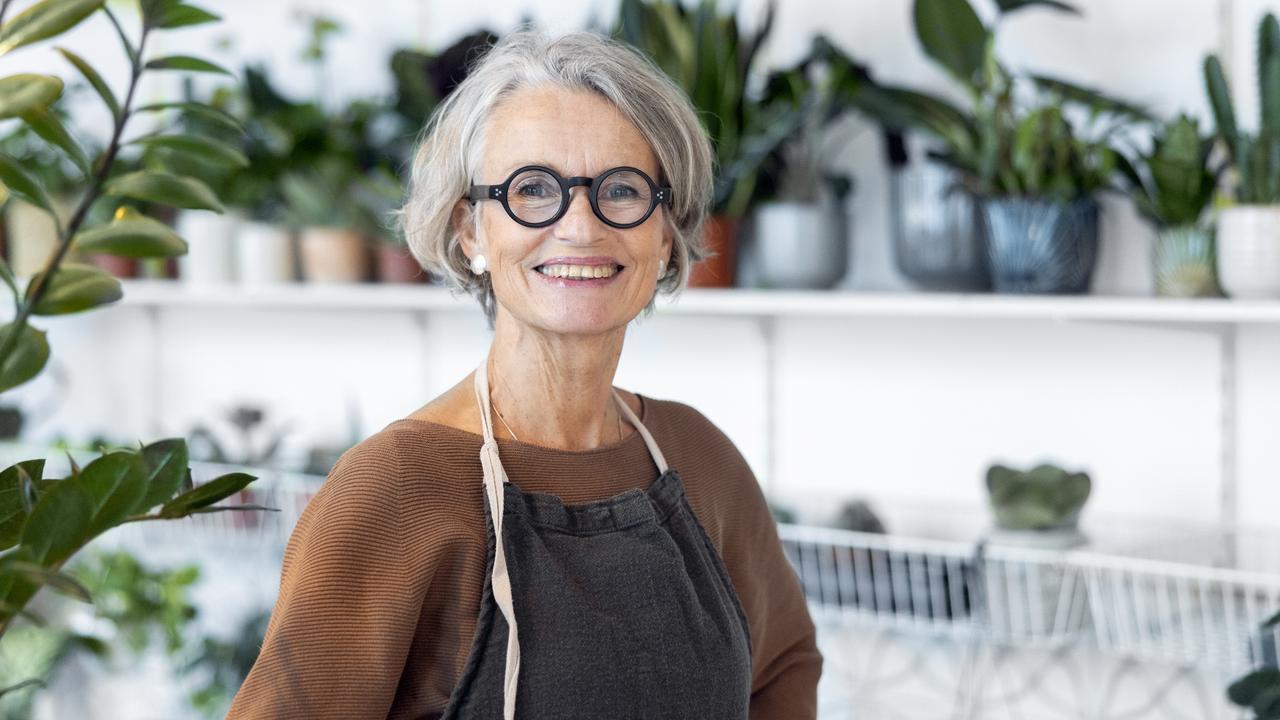UBS says new Aussie billionaires more likely to have an inheritance than be entrepreneurs
There are five new Australian billionaires and the rich are now more likely to have scored their wealth through inheritance rather than entrepreneurial flair.

Australia’s billionaires are rising in numbers and increasing their wealth at a much faster pace than inflation and what the average worker received as a pay rise in the past year.
The ninth UBS Billionaire Ambitions report found for the first time that new billionaires were more likely to acquire their wealth through inheritance than entrepreneurship.
According to the global wealth manager, there were five new Australian billionaires in 2023, while one dropped out of the elite group, amounting to a total of 41 compared to 37 in the previous year. The cohort increased their wealth by 10.7 per cent to $US173.5bn ($261.27bn).
This compared to inflation which was 4.9 per cent in the 12 months to October, according to the Australian Bureau of Statistics, after it peaked at 8.4 per cent in December. The Wage Price Index in the 12 months to September was up 4 per cent.
While Australia’s newest mega-rich were more likely to have had a helping hand, UBS said that 75 per cent of the country’s billionaires reached the milestone without any assistance.
UBS expects that over the next two decades that more than 1000 billionaires globally will pass on $US5.2 trillion to their children.

“The next generation has fresh views about business, investing, and philanthropy, redirecting large pools of private wealth to new business opportunities arising from the times we live in,” UBS Global Wealth Management strategic clients head Benjamin Cavalli said.
“Engineering a smooth succession will require founders and their families to do things differently, more than ever discovering common values and purpose to navigate a way forward that appeases all generations and allows them to continue building their legacies.”
The Australian’s Richest 250 found that Hancock Prospecting chairman Gina Rinehart was the country’s richest person with a wealth of $37.1bn.
The country’s other wealthiest individuals include Fortescue Metal’s Andrew Forrest at $35.21bn and Anthony Pratt and family at $27.87bn.
It comes as Withers and Barlow families moved on Thursday to cash out of their long-held 7-Eleven business after striking a $1.7bn deal with the international arm of the global brand.
Globally, billionaire wealth partially recovered in the period, lifted by billionaires with consumer and retail businesses in Europe, after falling by almost a fifth in the previous 12 months. Overall, the number of billionaires rose by 7 per cent globally in the last year, increasing from 2376 to 2544 and their wealth recovered by 9 per cent, from $US11 trillion to $US12 trillion.
Tech, health and industrials are the top three drivers of global wealth.
The US had the highest number of billionaires at 751, followed by China at 520, up from 467 in the previous year. Other countries with a high number of billionaires include India, Germany and the UK.

A survey of 79 billionaire UBS clients found that the ultra-wealthy were most concerned about geopolitical tensions and inflation, while they believed that artificial intelligence was one of the biggest commercial opportunities.
Sixty-eight per cent of billionaires surveyed with inherited wealth said that they aim to continue and grow what their parents achieved in terms of business, brand, or assets.
UBS said billionaires who were not self-made were less likely to gift money and instead opt to carry on with existing family foundations. It noted that there was a trend towards impact investing or managing businesses in ways that address environmental and social issues for both commercial and altruistic ends.
The wealth manager quoted an unnamed billionaire who was seeking to turn his father’s oil and gas and mining business into tech-related areas that have less impact on the environment.



